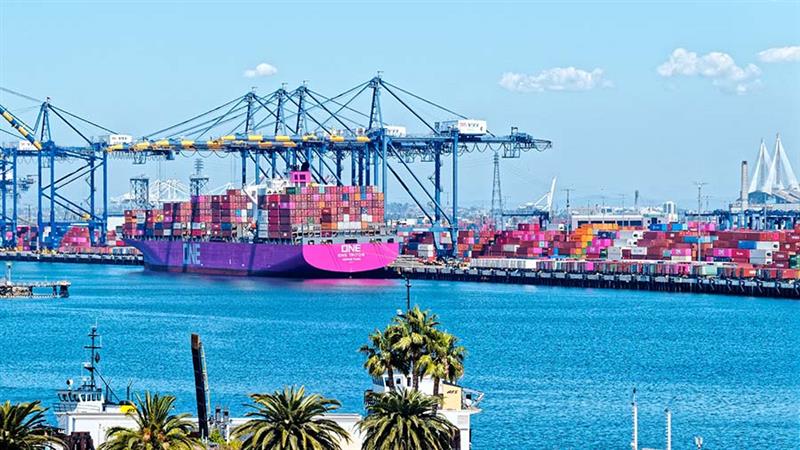Hong Kong Business Leaders: Inflation a Priority
60 percent say they’ll search harder for cheaper supply sources
HONG KONg, Sept. 30 – In a survey conducted by TNS/SCMP, Hong Kong business leaders, with some of the greatest joint exposure to U.S./Mainland China issues, said they regarded inflation as the number one battle in conducting business.
Typical calls to reduce taxes and to freeze government fees, always a mainstay of such business surveys of competitiveness , did not hide that 69 percent of the respondents regarded inflation as the main concern. Of these, the following patterns to questions emerged:
Impact on business
How much is your company affected by inflation?
Very seriously: 15 percent
Quite seriously: 47 percent
Fair: 34 percent
Not seriously: 3 percent
Not at all : 1 percent
How has your company been affected by rising inflation?
Rising costs of raw materials or services: 80%
Rising labor costs: 67 percent
Higher rent: 61 percent
Contributing factors
Do you think the appreciation of the RMB is to blame for rising inflation?
Yes: 69 percent
No: 21 percent
No comment: 10 percent
Measures to take
Which measures have you or will you take to minimise the impact of inflation?
Seek cheaper sources of supplies: 60 percent
Slow down recruitment: 49 percent
Enhance productivity: 45 percent
Raise proces of products and services: 37 percent
Outsource part or all of the production process: 34 percent
Reduce pay or freeze rises: 32 percent
Cut advertising: 31 percent
Relocate production base: 21 percent
Hedge against RMB appreciation: 20 percent
Cut staff: 17 percent
Hedge against depreciation of U.S. dollar: 16 percent
The interesting issues arising out of this is the apparent desire, when faced with rising costs, to still seek to obtain cheaper products and services, indicating that mainland China would still be a viable source of this even in the event of a Hong Kong downturn. However, China was not mentioned specifically, and this could still mean sourcing of goods and services from other locations, presumably Asian, as well. Trends towards outsourcing of certain services or even manufacturing also appeared strong, as did the 21 percent who were actively considering relocating their production base. Again, either to cheaper locations in mainland China, or elsewhere in Asia would be the logical conclusion, suggesting that the emerging markets of Asia, including China, India, Vietnam and smaller manufacturing bases such as Cambodia, Laos and the Philippines—all close to Hong Kong—would be considered destinations.
Should this pattern emerge, then it may well follow that emerging markets for inexpensive products and services will indeed boom should the United States slide into a depression or prolonged recession. The search for cheaper product and services under such conditions for the U.S. and European economies would only intensify, leading to Asia and the global emerging economies elsewhere to protect the world from sinking into a global recession – one of the key pillars of the point of the development of an internationally integrated economy, and a cornerstone of WTO policy. Mainland China, and India, would be set to benefit most from this theory.
The Hong Kong government, meanwhile, is set to deliver anti-inflationary measures in the chief executives policy address on October 15.
- Previous Article Why China Will Boom During the 2009 Great American Depression
- Next Article Liuzhou Developing into Typical 2TC Investment Destination



























